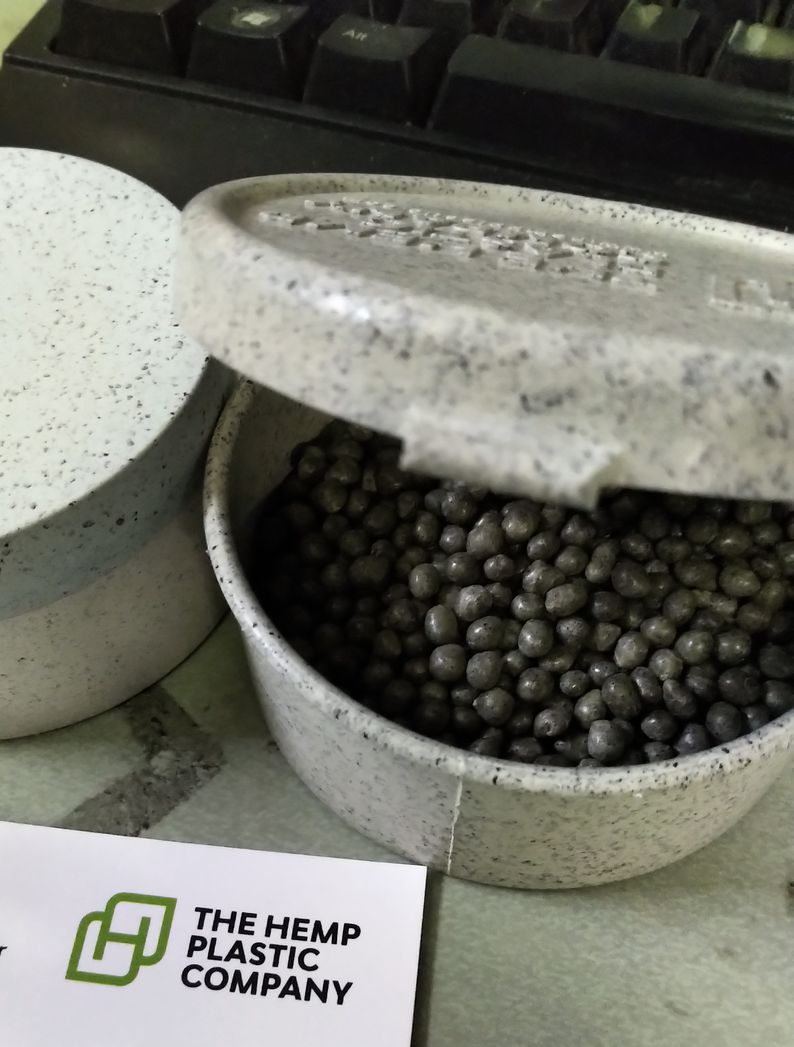Yes we have Hemp Tradical from Illinois Concrete in the office on display along with theiir Crete mix and a bail of hurds; everyone is clamoring to build with hemp BUT if we can't get the volume that doesn't make you stop making concrete with other Agricultural Waste. Sugar Cane / Rice.
The technology is here & get the experience, start building with ag waste and when we have the volume of hemp fiber which shouldn't be that long as farmers add hemp into their rotation crops. We understand the importance of all Agricultural waste & how it can be re-utilized to help the bottom line and work towards a carbon negative footprint
From the article: .
After sugarcane crops have been harvested, a great deal of fibrous stalk waste known as bagasse is left over. That substance has been incorporated into an eco-friendly building material called Sugarcrete, which recently won an international Climate Positive Award.
First announced last May, Sugarcrete was developed via a partnership between the University of East London and British firm Tate & Lyle Sugars.
The material consists of sugarcane bagasse combined with proprietary mineral-based binders. This mixture is compressed and left to cure, resulting in high-strength blocks that can be used in place of traditional clay or concrete bricks.
But why would anyone want to make such a substitution?
Well, for starters, the university claims that Sugarcrete fully cures much faster than concrete (one week as opposed to four), it weighs one quarter to one fifth as much per same-sized block, and it's significantly less expensive to produce.
The latter is a particularly big consideration in regions where sugarcane is grown. Instead of being left with a waste product that is often just dumped in landfills, farmers could sell their bagasse to local companies which would use it in Sugarcrete. That material could in turn be utilized in local construction projects, which might not have been affordable if imported concrete was the only option.
Or Consider RIce? Looking to start a Hempcrete business? Consider using something other than the most-tightly regulated and expensive fiber crop in history, such as ag waste. Then, if and when appropriate, pivot to hemp.




